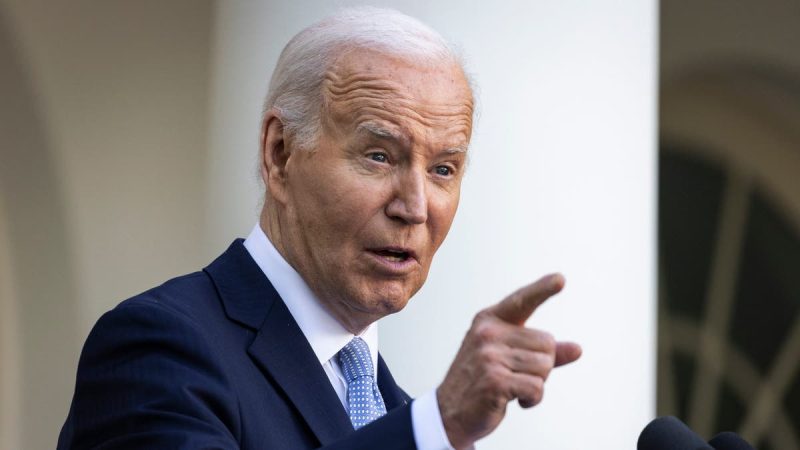The International Criminal Court (ICC) marked its 20th anniversary amidst growing scrutiny and criticism over its effectiveness and impact. With billions of dollars spent since its establishment, the ICC has faced challenges in delivering its mandate of prosecuting the most serious crimes that shock the conscience of humanity. As the United States considers imposing sanctions on ICC officials, the future of the court hangs in the balance.
One of the key criticisms leveled against the ICC is its limited success in ensuring accountability for grave human rights violations. While the court has made some notable achievements, such as the conviction of war criminals like Thomas Lubanga and Jean-Pierre Bemba, its overall track record has been marred by challenges such as limited jurisdiction, enforcement issues, and political interference.
The ICC’s jurisdiction is limited to crimes committed in states that are parties to the Rome Statute or referred to the court by the United Nations Security Council. This restricted authority has hindered the ICC’s ability to address atrocities in countries like Syria, where widespread human rights abuses have been documented but the court lacks jurisdiction.
Moreover, the ICC’s reliance on member states for cooperation in arresting suspects and enforcing its judgments has often been a stumbling block. Some states have failed to arrest ICC-indicted individuals, undermining the court’s credibility and effectiveness. The lack of enforcement mechanisms within the ICC itself has also hampered efforts to hold perpetrators accountable.
Political interference has further complicated the ICC’s work, with powerful states sometimes seeking to shield their allies from prosecution or undermining the court’s legitimacy. The threat of sanctions from the United States, a non-member state with significant global influence, has raised concerns about the ICC’s independence and impartiality.
The question of resources and funding also looms large over the ICC’s future. While the court has received significant financial support from member states, concerns have been raised about the efficiency and effectiveness of its operations. Critics argue that the ICC’s budget could be better allocated to improve its investigations, proceedings, and outreach efforts.
Despite these challenges, the ICC remains a crucial institution in the global fight against impunity for heinous crimes. The court’s symbolic value in upholding international justice and the rule of law should not be underestimated. Efforts to reform and strengthen the ICC, including enhancing cooperation with member states, improving enforcement mechanisms, and addressing political interference, are essential to enhance its impact and credibility.
As the ICC enters its third decade, it faces a critical juncture that will test its ability to deliver justice for victims and hold perpetrators of grave crimes accountable. The international community must rally behind the ICC and support its efforts to overcome the challenges it faces, ensuring that the pursuit of justice remains a cornerstone of the international legal order. Only through collective action and commitment can the ICC fulfill its promise of ending impunity and promoting a more just and peaceful world.




























